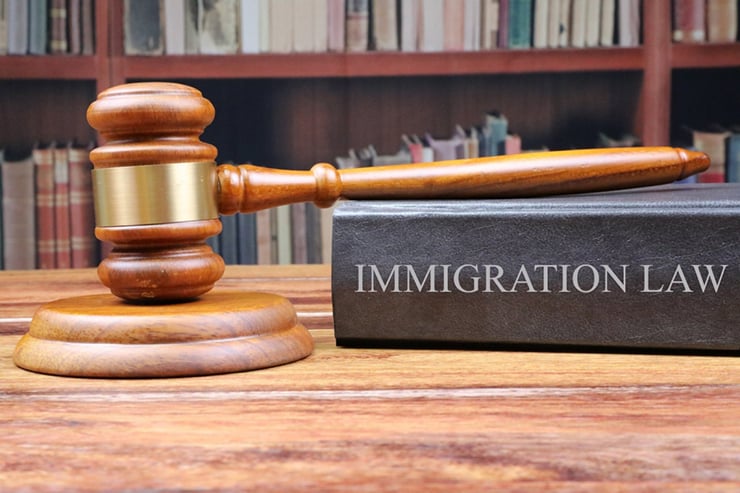Shutting the Door on a Biden-Era Immigration Cheat Code - Chronicles

The Supreme Court’s recent decision to allow the Trump administration to terminate the Biden-era CHNV (Cuba, Haiti, Nicaragua, Venezuela) parole program while the case proceeds on appeal was a resounding win for the rule of law and a long-overdue rebuke of one of Joe Biden’s most egregious excesses. By upholding President Trump’s authority to end this program as he is likely to win on the merits in his appeal, the Supreme Court reaffirmed that immigration policy must align with legal frameworks and the will of the American people, who overwhelmingly support stricter enforcement of immigration laws.
This CHNV program, which facilitated the entry of over 530,000 illegal aliens into the United States, was a cynical and unlawful maneuver by the Biden administration to perpetuate unchecked mass migration while sidestepping public scrutiny.
Initiated in 2022 and expanded in 2023, CHNV allowed aliens from Cuba, Haiti, Nicaragua, and Venezuela to enter the U.S. through airports after passing minimal security checks and securing a sponsor. Framed as a humanitarian effort, it was a calculated move by the Biden administration to remove images of a chaotic southern border from the news cycle.
By flying foreign nationals directly into U.S. cities, the Biden team sought to reduce visible overcrowding at the border itself, which had become a political liability. This sleight of hand was not about compassion but about political expediency that prioritized optics over national interest.
The CHNV program granted temporary parole to more than half a million aliens, allowing them to live and work in the U.S. for up to two years. This mass parole scheme bypassed congressional authority and overwhelmed border security, as it incentivized further illegal migration by signaling that entry into the U.S. was achievable with minimal scrutiny.
The Department of Homeland Security (DHS), under Biden’s leadership, admitted in October 2024 that parole was not meant to be extended beyond the two-year period, yet the program continued to operate as a magnet for immigrants. The result has strained public resources, local communities, and the immigration system itself, as cities from Florida to California continue to grapple with the sudden influx of aliens.
Even more damning was a report last summer by the Federation for American Immigration Reform which found the CHNV program riddled with fraud. Among the revelations were that 100,948 program applications were completed by just over 3,000 sponsors. Twenty-four of the 1,000 most used Social Security numbers belonged to a dead person, and one sponsor’s phone number was submitted on more than 2,000 forms. There were 2,839 forms with non-existent sponsor zip codes. To date, there has been no further details on the alleged fraud and no one from the Biden administration was held accountable.
The CHNV program also violated the spirit and letter of federal immigration law. In its brief supporting the Trump administration’s position, the Immigration Reform Law Institute argued that the U.S. Supreme Court has long recognized that those given parole—which by statute must only be given case-by-case for urgent humanitarian reasons or significant public benefit—have not even entered the country in a legal sense. As far as the law is concerned, they are still at the border, no matter where they are physically located. And the Court has also long recognized that the president has inherent constitutional authority to block aliens from entering the country.
The Trump administration has argued that these aliens, many of whom entered without rigorous vetting, pose a potential threat to communities. In Florida, home to significant Cuban, Haitian, and Venezuelan populations, the program’s end may help address the political backlash from citizens and legal residents there who felt betrayed by a policy that prioritized newcomers over established communities.
The Supreme Court’s ruling aligns with the mandate delivered by voters in the 2024 election, where immigration was a centerpiece of President Trump’s campaign. His pledge to end programs like CHNV and to ramp up deportations resonated with most Americans..
Critics, including dissenting Justice Ketanji Brown Jackson, argue that the ruling will cause “devastation” for migrants. Whatever our problems with illegal immigration may be, the solution is not to perpetuate an unlawful program that undermines the rule of law and public trust. The CHNV program was not a sustainable or legal pathway for migration, but a means of overloading our immigration system.
President Trump’s decisive action, now backed by the Court, is a response to a justified demand for the aggressive enforcement of immigration laws. Good riddance to Biden-era chicanery!